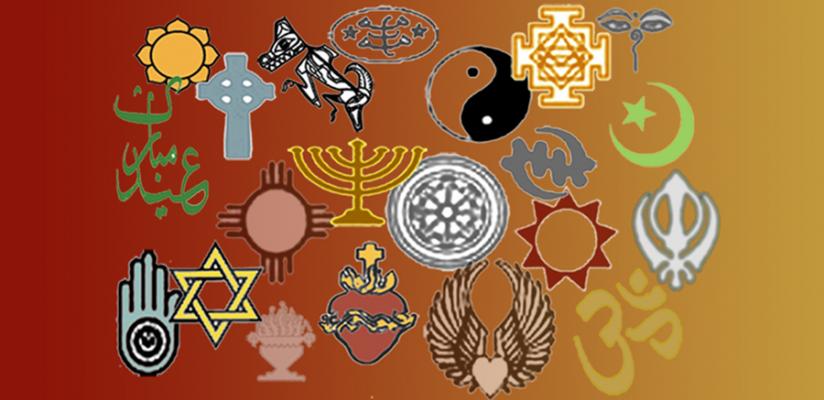Two new Religious Studies courses have been approved for the Carolina Core as satisfying the requirements for Values, Ethics, and Social Responsibility (VSR) and Aesthetic and Interpretive Understanding (AIU).
RELG 270 Religion in the Arts (approved for AIU designation) deals with literary, visual, and/or performance art associated with religious discourse and practice. The Department offers a number of intermediate and upper level courses focusing on specific collections or genres of literature or that combine the study of a particular type of literature with the study of film. Other courses incorporate an examination of works of visual arts or music as cultural expressions of the religious and spiritual dimension of our humanity.
The introductory level course, Religion in the Arts, addresses basic questions about interpretive practices, the arts, and religion: What makes a work of art religious or sacred? What are the social, political, and economic implications of claiming that particular works of art have been created, blessed, or inspired by divine or otherwise supernatural agents (or, conversely, that certain works have offended or angered divine or supernatural agents)? How do religious practitioners use the arts to create and sustain social formations, to gain prestige, and/or to heighten the emotional nature of religious experience?
RELG 205 Morality, Ethics, and Religion (approved for VSR designation) addresses values and ethics as developed, contested, and transmitted through a variety of religious practices. This course offers a broad introduction to the ways that religious thought and practice impact conceptions of value and ethical norms. As an introductory level course it serves as an introduction to intermediate and advanced level courses that address the ways in which particular religions or intellectual traditions, such as Greek, Roman, and Judean, have constructed and adapted ideas about morality and ethics.
Morality, Ethics, and Religion offers an introduction to some of the major issues surrounding religion and ethics: the common tendency to associate religion/piety with morality, the ways that religion can function as an authoritative and authorizing mechanism for the enforcement/contestation of particular moral and ethical norms, and the place of religion in contemporary public discourse about values and social responsibility. The course covers a wide range of case studies that move beyond Christianity or the “Western” tradition to be accessible to a broad and diverse student population. The course does not assume that students have any background in the study of religion, ethics, or morality.
